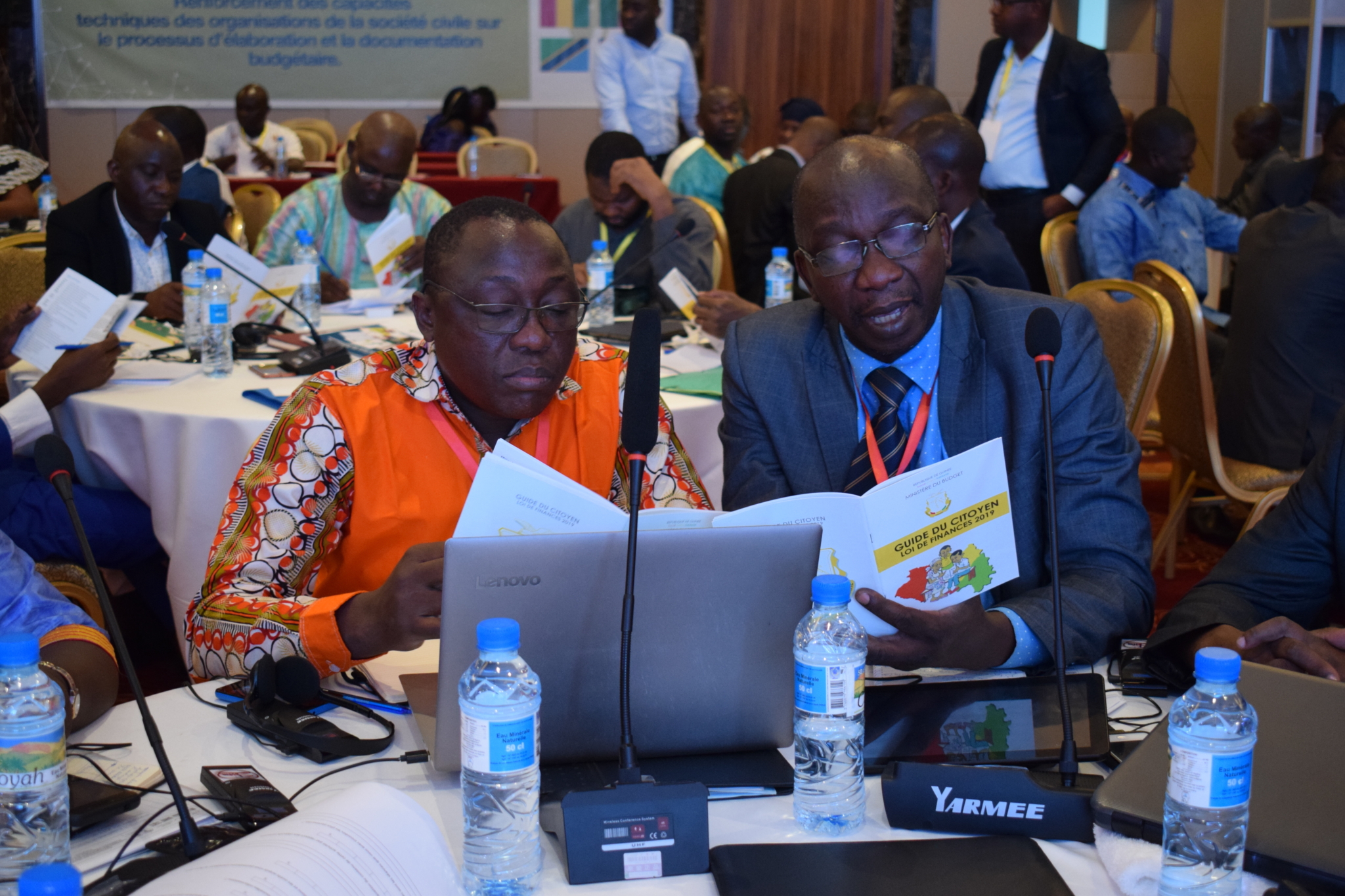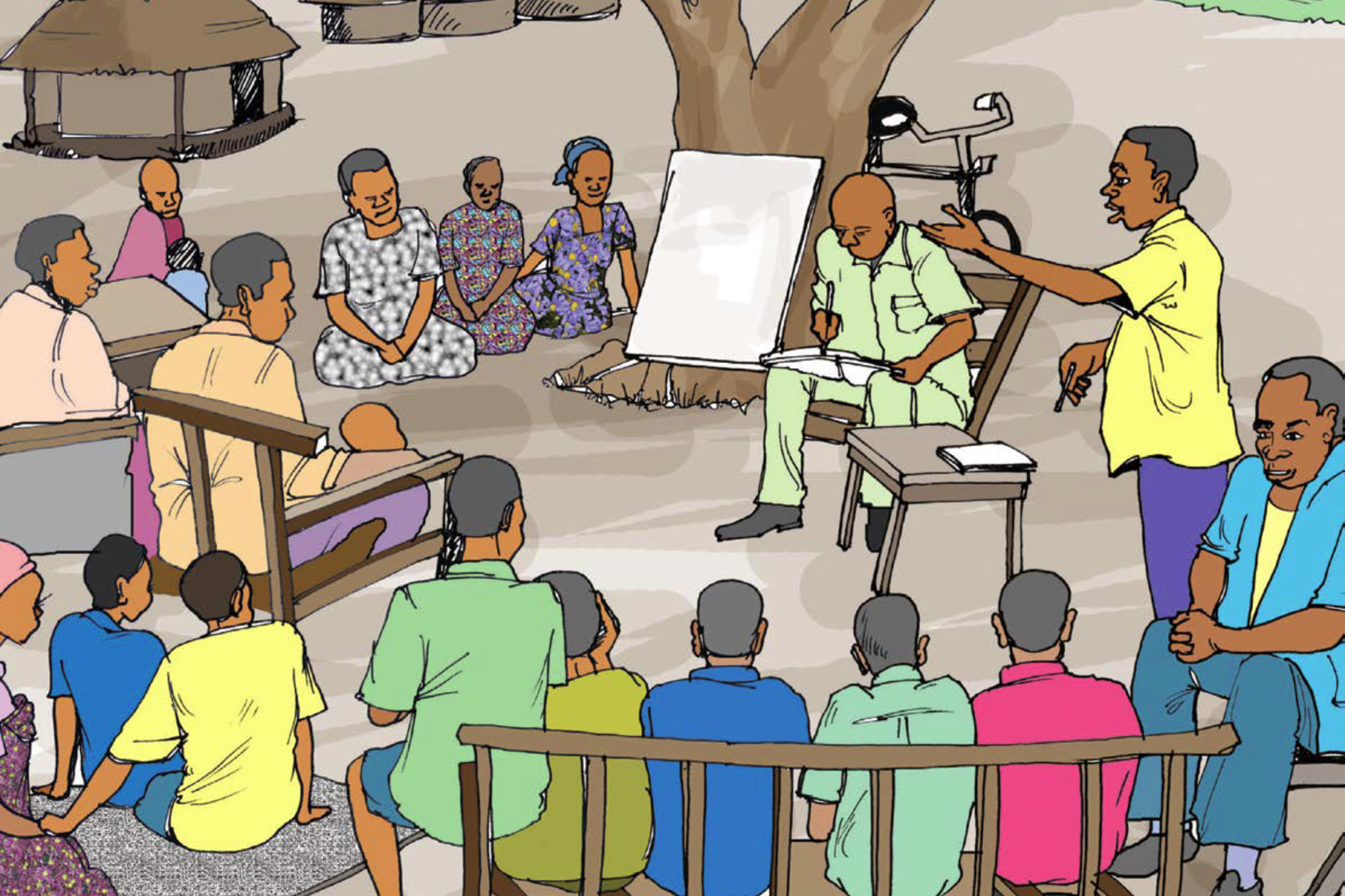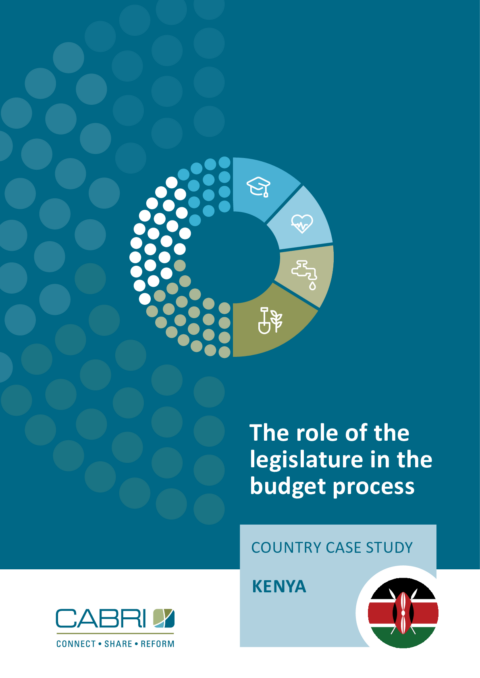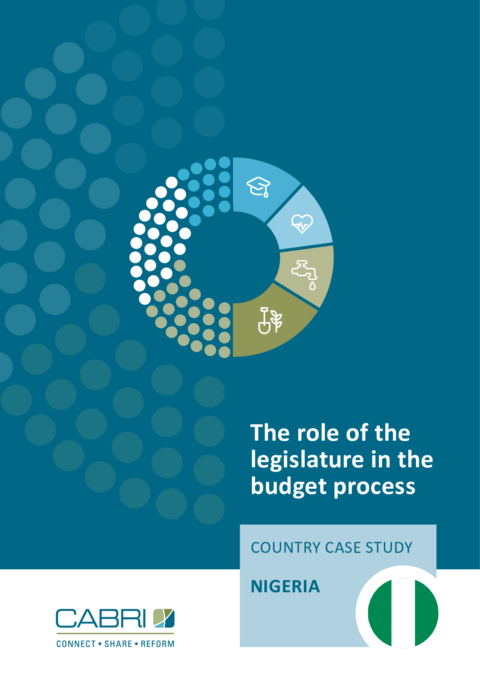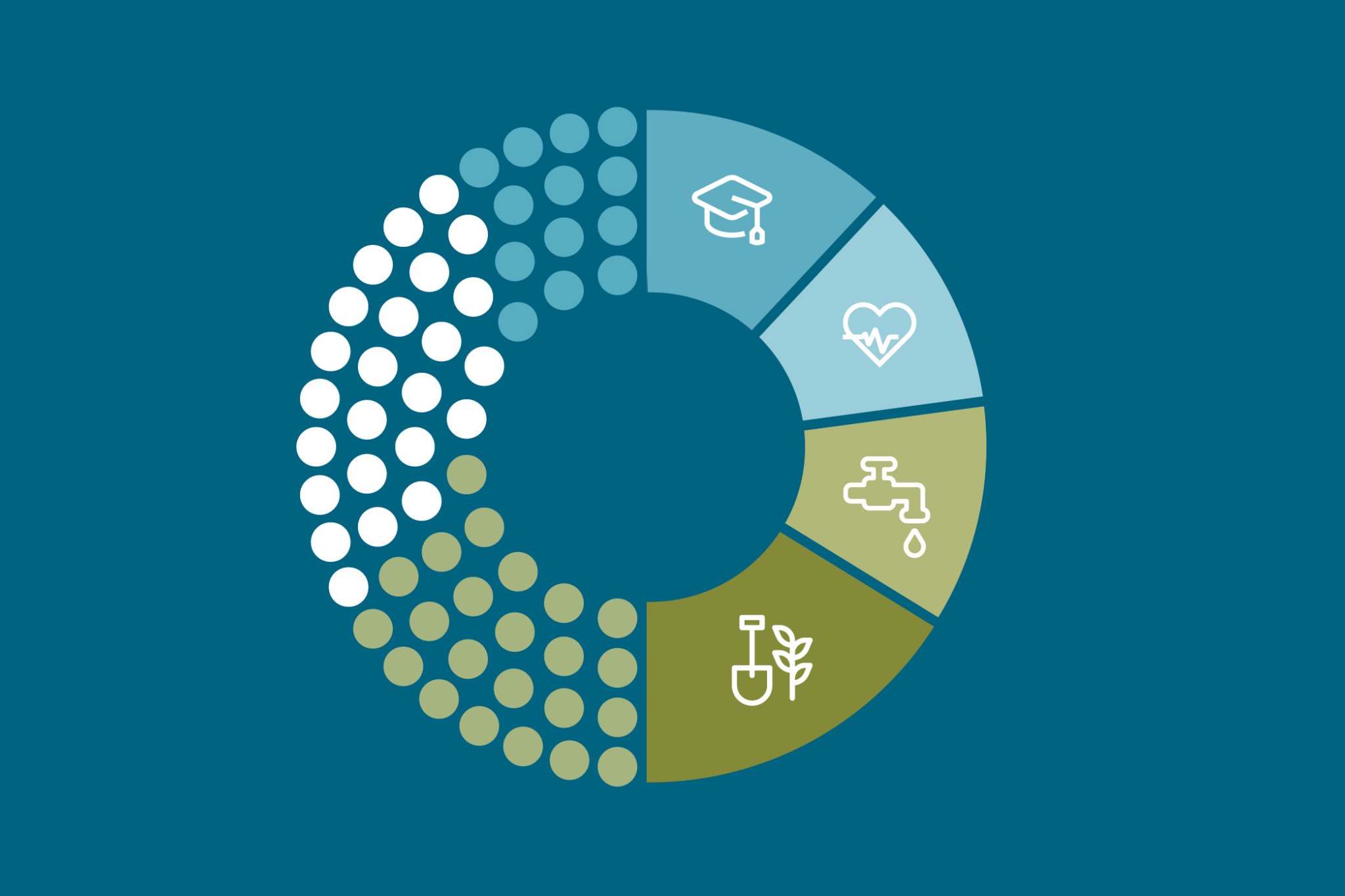In Africa, budgetary oversight tends to be weak due to unsupportive legal frameworks, under-funded and poorly capacitated accountability institutions, disproportionately strong executives and limited mechanisms for participation. CABRI views one of the core principles of financial governance reforms to be the strengthening of functional internal and constitutional accountability systems. CABRI believes that stronger accountability will drive governments to understand the priorities of its people, to better allocate public funds and to improve the spending and delivery of services to its citizens. There are a number of actors, such as legislatures, audit institutions, media outlets and civil society organisations, that are part of an accountability ecosystem that can make the budget process work better. Institutionalised mechanisms are required to allow for information to and from external stakeholders to be effectively channelled. These mechanisms should support opportunities for dialogue and participation. On the demand side, these actors need to have an active interest in the information provided by the executive, and be willing to take meaningful steps to make the executive answerable.
